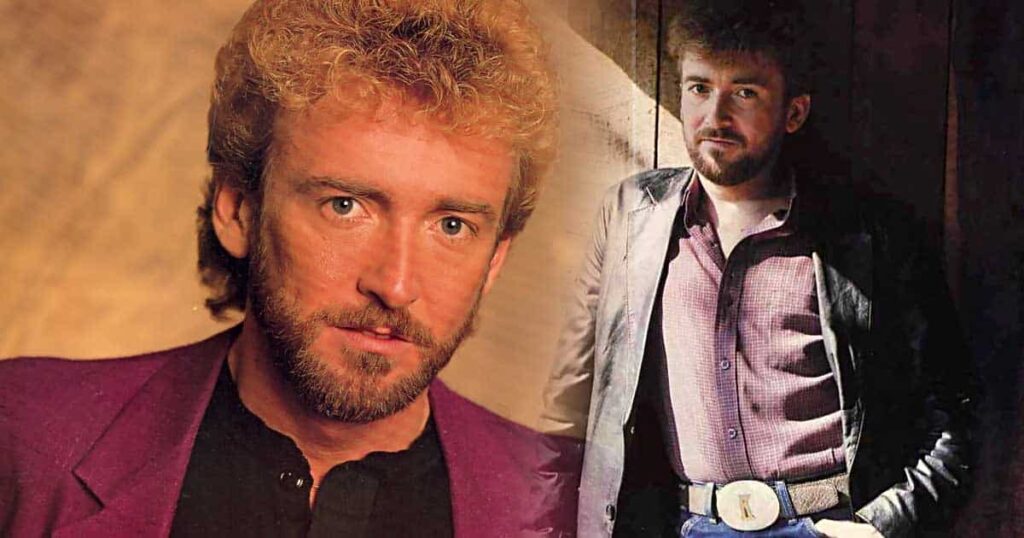
A Plea for Vulnerability in a World That Teaches Us to Hide
When Keith Whitley released “Don’t Close Your Eyes” in 1988, the country music world paused. Featured on his second studio album, the aptly titled Don’t Close Your Eyes, the song not only solidified Whitley’s legacy as one of the most emotionally evocative voices in modern country music but also marked his first No. 1 hit on the Billboard Hot Country Singles chart. It signaled the arrival of an artist whose delivery cut through production and pretension, reaching directly into the private sorrows and secret longings we often dare not voice aloud.
The genesis of “Don’t Close Your Eyes” begins with its songwriter, Bob McDill—one of Nashville’s most respected craftsmen—who penned a composition steeped in emotional complexity. On the surface, it’s a heartbreak song, but peel back its modest country trappings and you’ll find a confessional ballad about love shadowed by memory and haunted by comparison. Whitley delivers McDill’s lyrics with a stark vulnerability that feels nearly autobiographical, even though he didn’t write the song himself—a testament to his interpretive genius.
At its core, “Don’t Close Your Eyes” is a lover’s lament whispered in dim light, an aching appeal to be seen for who one is rather than measured against who came before. The narrator pleads with his partner not to retreat into dreams of another man while lying beside him: “Don’t close your eyes / Let it be me.” It is a request so intimate, so human—that we be loved for ourselves and not as substitutes for someone else—that it borders on existential. What makes this track particularly devastating is that it captures the insecurity that can exist even in physical closeness; love becomes a contested space between presence and memory.
Whitley’s performance renders the song unforgettable. His voice quivers with restraint, never veering into melodrama yet soaked with sincerity. There’s a mournful maturity in his phrasing, shaped perhaps by a life lived hard and fast—Whitley’s own struggles with alcoholism and emotional turbulence are well documented. That struggle seeps into every note; he doesn’t just sing pain—he inhabits it.
Musically, the arrangement is deceptively simple: soft piano lines cradle pedal steel sighs, forming an atmospheric bed that allows Whitley’s vocals to take center stage. Producer Garth Fundis wisely kept the instrumentation spare, giving emotional resonance ample room to breathe. The result is both timeless and unflinchingly raw—a quiet storm wrapped in acoustic melancholy.
Beyond its chart-topping success, “Don’t Close Your Eyes” left an indelible mark on country music’s emotional vocabulary. It demonstrated that vulnerability was not only acceptable but necessary—that country music could be both poetic and piercingly real. For Whitley, it was a career-defining moment. For us, it remains a song that reminds us how fragile our hearts truly are when faced with ghosts we cannot compete with.
In every whisper of steel guitar and tremble of vocal phrasing, Keith Whitley invites us into a space few artists dare to tread: that narrow corridor between acceptance and yearning, where we ask—not always successfully—to be enough for someone else’s healing heart.